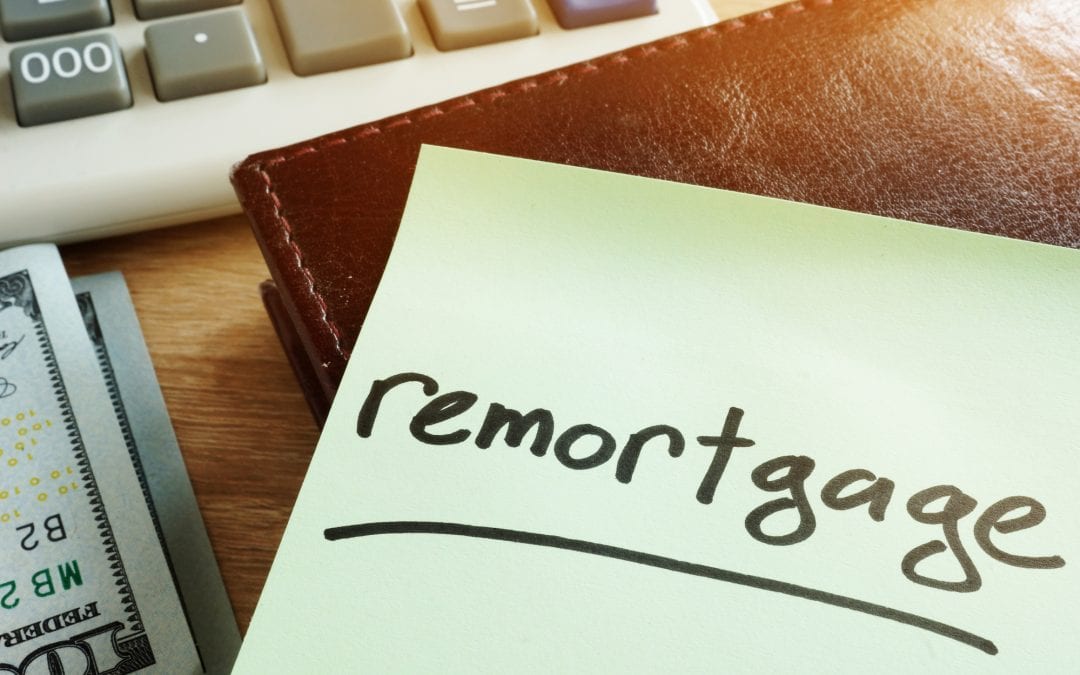
by admin | Aug 21, 2020 | Mortgage News
If you’re a potential first-time buyer then you may currently be very confused by all the headlines regarding the health, or otherwise, of the property market. There’s an easy way to deal with this confusion – ignore them. Focus on the fact that homes are meant to be places where you live. The fact that they also tend to increase in value over the long term is simply a useful bonus.
With that in mind, here are some questions you should be asking yourself before deciding whether or not to aim to buy now or wait until later.
Am I 100% sure I can service a mortgage over the next 5+ years?
When it comes to mortgages (and by extension home-buying), this is the key question. Ideally, you should be confident that you can service a mortgage over the entire term (without having to sell your home). In the real world, however, the length of mortgage terms means that it’s close to impossible to know what you’ll be doing (financially or otherwise) at the latter part of them. You should, however, be totally confident about what you’re doing for the next five years and if you’re not, then you’re probably better off renting.
Remember that buying a home and being unable to keep up with your mortgage can work out a very expensive and painful experience particularly if you end up in negative equity (owing more than your house is worth). You are especially vulnerable in the first five years or so of ownership. This is not only the time when you’ll have the least equity in your home, but also the time during which you’ll still be swallowing up the purchase and moving costs.
Am I 100% sure I can commit my deposit money over the next 5+ years?
Similar comments apply here. Once you convert your cash into bricks and mortar it stays converted until you sell your home. Selling your home within the first five years of purchase can see you having to take a hit on the transaction costs, not to mention having to deal with a whole lot of upheaval. In short, if putting together a deposit would leave you very short of cash, then you might be better off renting. Even with insurance, you have to think about what would happen if you had any sort of emergency.
Do I want to stay in one place over the next 5+ years?
In principle, you have the option to buy a house, live in it for a while yourself, then let it out while you go to live elsewhere, for example, if you go to work overseas. In practice, the amount of administration and cost this can involve means that it’s probably only worth even considering in very niche situations.
For example, you’ll have to change every product associated with your house, including your mortgage and insurance, from residential-property products to investment-property products. You’ll also need to meet all your legal and compliance obligations regarding the maintenance of the property and the welfare of your tenants.
This means that these days, you should buy a property on the assumption that you’ll be living in it yourself until you’re ready to sell it. If you’re thinking of letting your property on a non-residential basis (for example allowing holiday rentals for part of the year) and/or having a lodger, then you would need to check with your mortgage lender and your insurance provider(s) to make sure that this would be acceptable to them.
For completeness, if you are thinking of using your main home as a holiday let for part of the year, then you should also check with your local council to make sure that this is permitted.
Your property may be repossessed if you do not keep up repayments on your mortgage.

by admin | Aug 14, 2020 | Mortgage News
If you have a mortgage, then it’s likely to be a significant part of your monthly outgoings. This means that getting the very best product for your situation can make a real difference to your finances and can definitely be worth making a bit of effort to obtain it. At the same time, remortgaging is not necessarily the right decision for everyone, so it’s important to think carefully before you decide whether or not it’s right for you. Here are some points to consider.
Can you exit your current mortgage?
As always, before you consider whether or not you should, it’s advisable to check whether or not you can, or at least whether or not you can without penalty. If you got a special deal on your mortgage then you may find that there is a lock-in period during which you can only exit the product if you pay a penalty. You might still want to do your sums to see if there is a case for remortgaging, but you should be realistic about the impact such a penalty might have.
Could you get a mortgage now?
The affordability criteria have been in place for several years now, however, these are minimum standards, not targets. In other words, there’s nothing whatsoever to stop lenders from tightening up their acceptance criteria beyond the minimum requirements. It’s, therefore, a good idea to do some research on what deals are available now and who is likely to qualify for them.
You also need to be realistic about how you’ve managed your finances since you’ve had your current mortgage. If you’ve found yourself in challenging financial times and that has been reflected in your payment history, then you may find it difficult to find a lender who will take you on now. Your situation may be somewhat easier if you took an arranged payment holiday due to COVID19-related issues. It does, however, very much remain to be seen how lenders are going to deal with these over the long term.
Be aware, however, that a good mortgage broker may be able to find deals which you would never have found on your own, so don’t give up if the market looks tough.
Are you able to cope with the current practicalities of remortgaging?
When you remortgage, you basically go through the standard mortgage application process all over again. This means getting a valuation and this means getting a surveyor on-site. This means dealing with all the COVID19 protocols. Are you able to implement them? If you’re not confident about this, then it’s safer to hold off remortgaging until you are (or until COVID19 ceases to be an issue). At the end of the day, while remortgaging can save you a lot of money, nothing can compensate you (or anyone who visits you) for the damage COVID19 can do.
Can you get a better deal from your current lender?
Before you make a final decision on whether or not to go ahead with the remortgaging process, it may be worth checking in with your current lender to see if they can make you a better offer. That could give you the benefits of remortgaging without the cost and paperwork.
Are you remortgaging for the right reasons
Last, but very definitely not least, it’s important to be scrupulously honest with yourself about why you’re remortgaging. There’s a big difference between remortgaging to save money on a mortgage you’re confident you can afford and remortgaging to try to make ends meet.
If your finances are that tight, then you really need to get financial advice and look at all your options very carefully. You may find that you can keep your home, but even if you can’t, you can vastly improve your chances of selling and moving on our own term, rather than waiting for foreclosure.
Your property may be repossessed if you do not keep up repayments on your mortgage.



Recent Comments